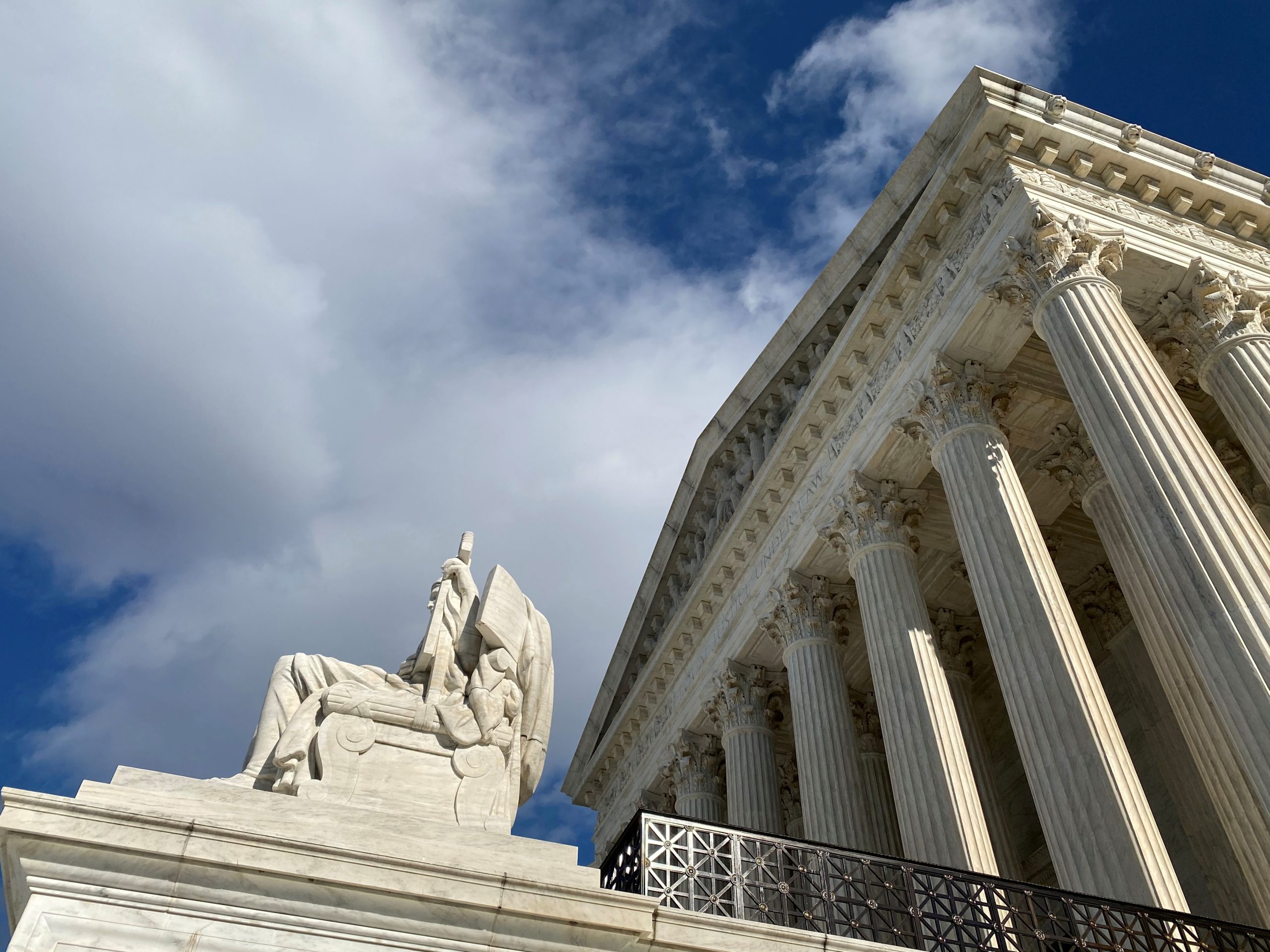The U.S. Supreme Court gave the go-ahead on Monday for one of President Donald Trump’s hardline immigration policies, allowing his administration to implement a rule denying legal permanent residency to certain immigrants deemed likely to require government assistance in the future.
The justices, on a 5-4 vote, granted the administration’s request to lift a lower court’s injunction that had blocked the so-called public charge policy, which has been criticized by immigrant rights advocates as a “wealth test” that would disproportionately keep out non-white immigrants.
The court’s five conservative justices, including Chief Justice John Roberts, carried the day. The court’s four liberal justices said they would have denied the administration’s request to put the injunction on hold. The action was announced even as Roberts sat as the presiding officer in Trump’s impeachment trial in the U.S. Senate.
Lawsuits aiming to block the policy were filed against the administration by the states of New York, Connecticut and Vermont as well as by New York City and several nonprofit organizations.
In imposing an injunction blocking implementation of the rule, U.S. District Judge George Daniels in Manhattan on Oct. 11 called the policy “repugnant to the American Dream” and a “policy of exclusion in search of a justification.”
The administration had asked the high court to let the rule go into effect even before the New York-based 2nd U.S. Circuit Court of Appeals rules on Trump’s appeal of Daniels’ injunction against the rule. The 2nd Circuit is considering the matter on an expedited basis, with legal papers to be submitted by Feb. 14 and arguments to be held soon afterward.
The action by the Supreme Court the administration can implement the rule across the country except in Illinois, where a lower court decision preventing its enforcement in that state remains in place.
GREEN CARDS
At issue is which immigrants will be granted legal permanent residency, known as a “green card.” Under Trump’s policy, immigration officers would consider factors such as age, educational level and English proficiency to decide whether an immigrant would be likely to become a “public charge” who would receive government benefits such as the Medicaid health insurance program for the poor.
The administration has said the new rule is necessary to better ensure that immigrants will be self-sufficient. Critics have said the rule would disproportionately bar low-income people from developing countries in Latin America, Africa and Asia from permanent residency.
Trump has made his tough immigration stance a hallmark of his presidency and his 2020 re-election campaign.
U.S. immigration law has long required officials to exclude a person likely to become a “public charge” from permanent residency. But U.S. guidelines in place for the past two decades had said that immigrants likely to become primarily dependent only on direct cash assistance or long-term institutionalization, in a nursing home for example, at the government’s expense would be barred under “public charge” grounds.
The new rule expands the “public charge” bar to anyone deemed likely to receive a much wider range of public benefits for more than an aggregate of 12 months over any 36-month period including healthcare, housing and food assistance.
The vast majority of people applying for permanent residency are not eligible for public benefits themselves, but a 2019 Urban Institute survey found that the rule is already deterring people from seeking benefits for U.S. citizen children, for fear of harming their own future immigration status. Benefits for family members are not considered under the rule.
Several other lawsuits challenging the rule are pending around the country. Two other federal appeals courts lifted nationwide injunctions ordered by lower courts blocking the rule, while a third appeals court let stand an injunction covering Illinois.
(Reporting by Kristina Cooke, Lawrence Hurley, Jonathan Stempel and Andrew Chung; Editing by Will Dunham)















 Continue with Google
Continue with Google